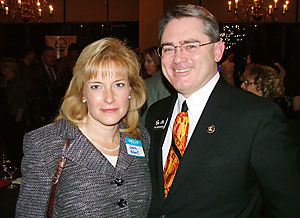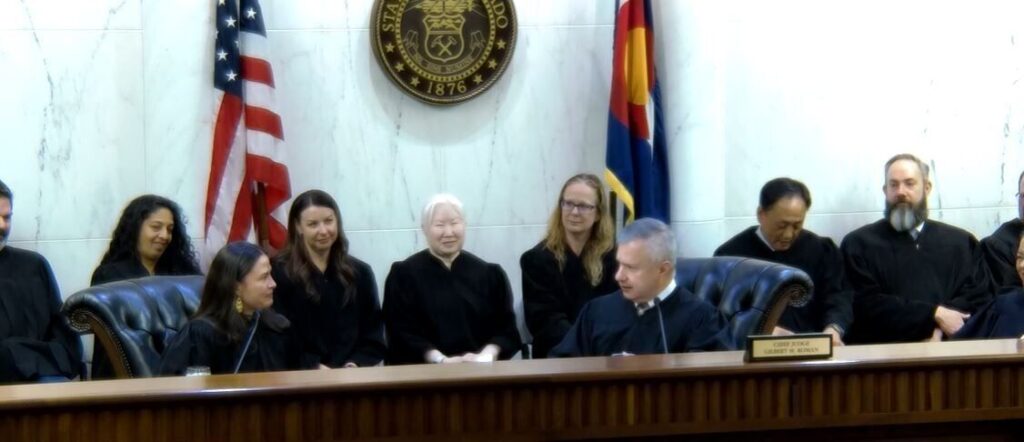In case of space war, Army must learn to fight on the ground without satellite assistance

A top job for the Army’s space soldiers is teaching their ground-pounding colleagues how to fight without satellites.
The change described by Army Space and Missile Defense Command boss Lt. Gen. James Dickinson at the Space Symposium on Thursday is another example of the military’s growing fear that American satellites will become targets in future wars. Dickinson said while the Pentagon is developing plans to deal with a war that extends to space, it lacks a full set of tools to defend its satellite constellations.
“The joint force currently has limited countermeasures to such attacks,” Dickinson said.
The threat of attacks on American military satellites dominated the 33rd Space Symposium that wrapped up Thursday at the Broadmoor. Military leaders admit that a war that spread to space could bring the satellite-dependent American military to its knees, because high-tech bombers and even low-tech infantrymen need space assets to communicate and navigate in a modern battle.
“Today, the Army is the largest user of space in the Department of Defense,” said Dickinson, who took the Army’s top space job in January.
The average Army combat brigade of about 4,000 soldiers heads to battle with more than 2,000 pieces of gear that rely on satellite signals. Humvees have satellite terminals that include electronic maps of the battlefield and email.
Artillery rounds hit targets with satellite technology and individual GIs have pocket-sized global positioning system receivers to keep them from getting lost.
But tackling the Army’s space advantages is easier than it sounds. The global positioning system and some military satellite communications could be jammed using radio transmitters perfected during World War II. Cyber attacks also have the potential to short-circuit satellites.
And a growing number of America’s rivals, including Russia, China, Iran and North Korea, already possess anti-satellite missiles or are far into the process of building them.
Air Force Space Command boss Gen. Jay Raymond on Thursday said his airmen are rapidly developing tactics to fight in space, but rankles at the use of the term “space war” to describe the threatened battles ahead.
“There is no space war,” Raymond said. “It’s just war.”
Fighting a war that spreads to space means training troops for life without the advantages that satellites deliver to the battlefield, Dickinson said.
Army space troops from Colorado Springs are playing a key role in that training effort and have headed out to Army posts around the nation. In their luggage is a package of tricks including satellite jammers that are used to show troops in training what a war without satellites looks like.
“We will be expanding these kinds of scenarios to the combat training centers,” said Dickinson, referring to the Army’s largest war games held in Louisiana and California.
The loss of high-tech satellites can be overcome with some low-tech solutions. One example is that the Army has put a renewed emphasis on teaching troops how to use an 11th century invention – the handheld compass.
Another winning path is giving the enemy so many problems that they’re rendered incapable of attacking America’s space assets, Dickinson said.
“The key to a strategic win is presenting our enemies with multiple dilemmas,” he said.
And one constant of Army strategy isn’t changing, even as orbital threats increase.
“We want to ensure it is not a fair fight,” Dickinson said.














